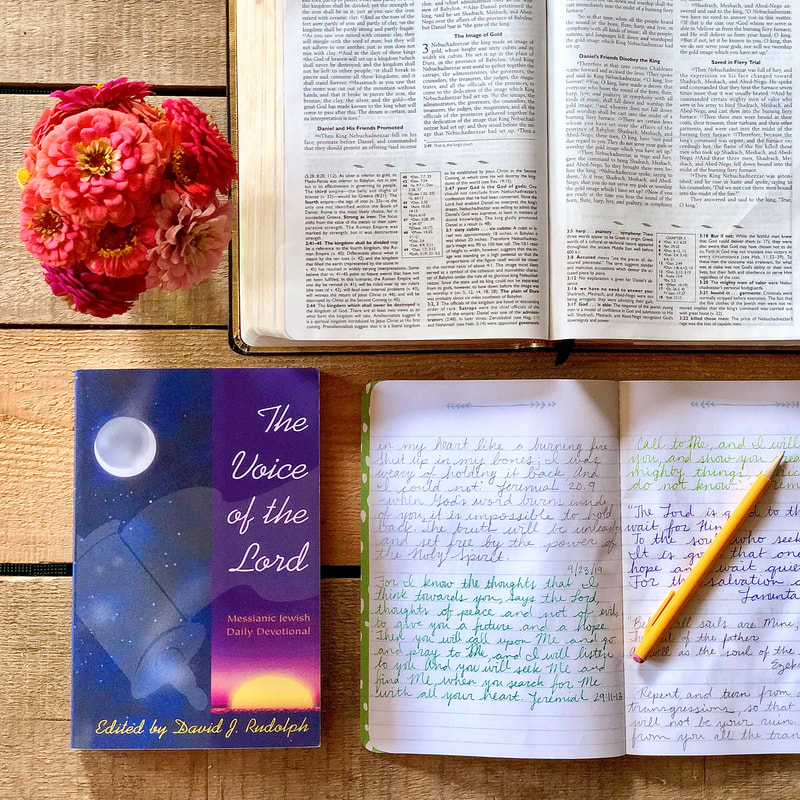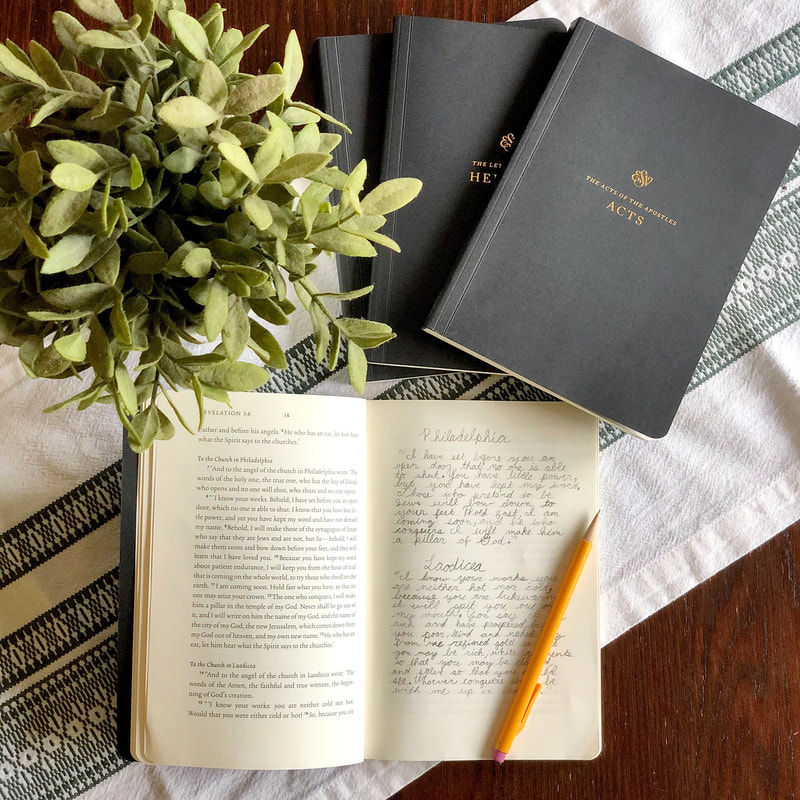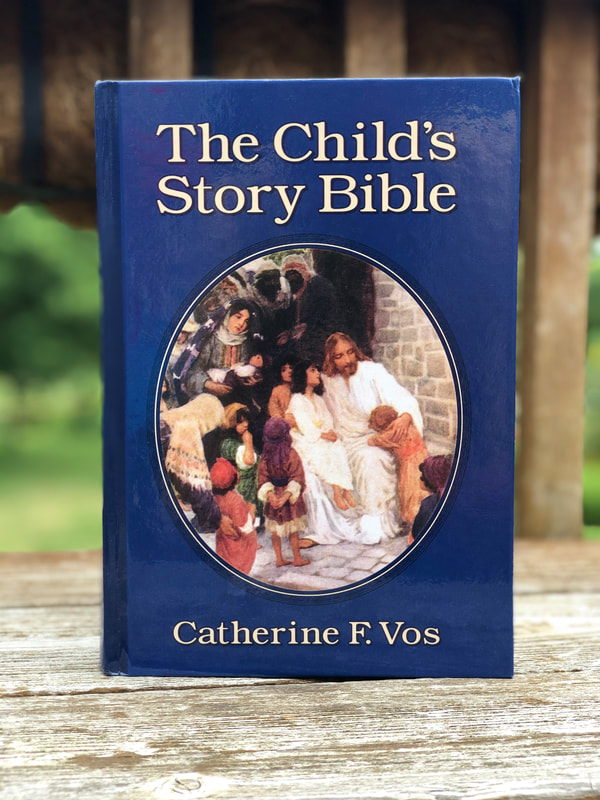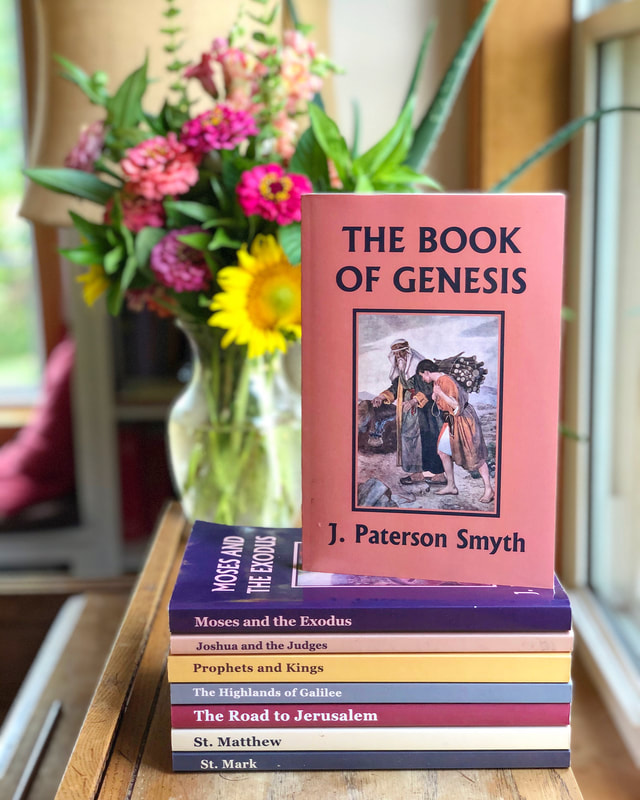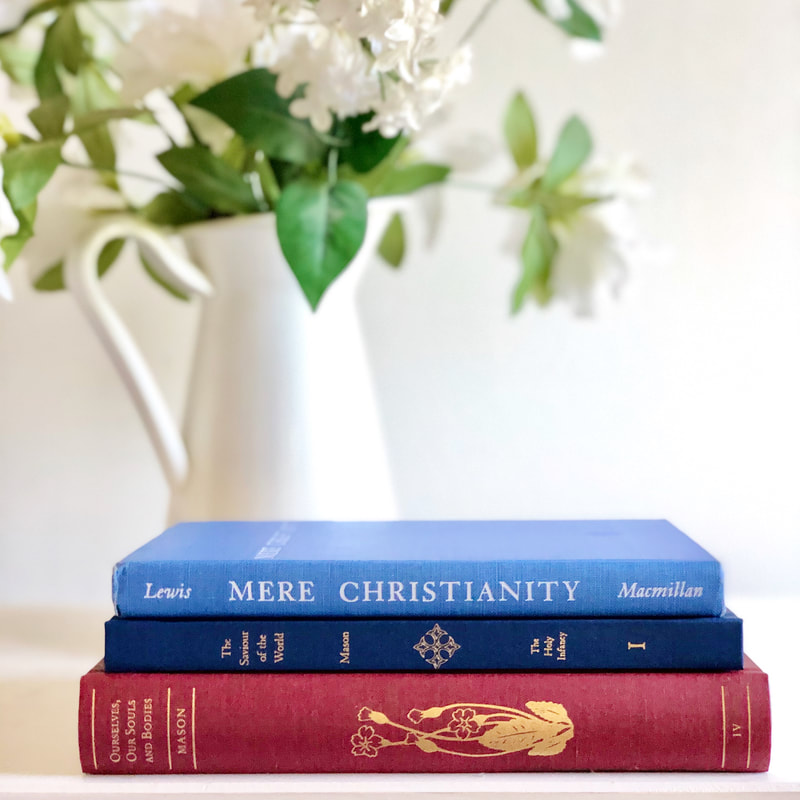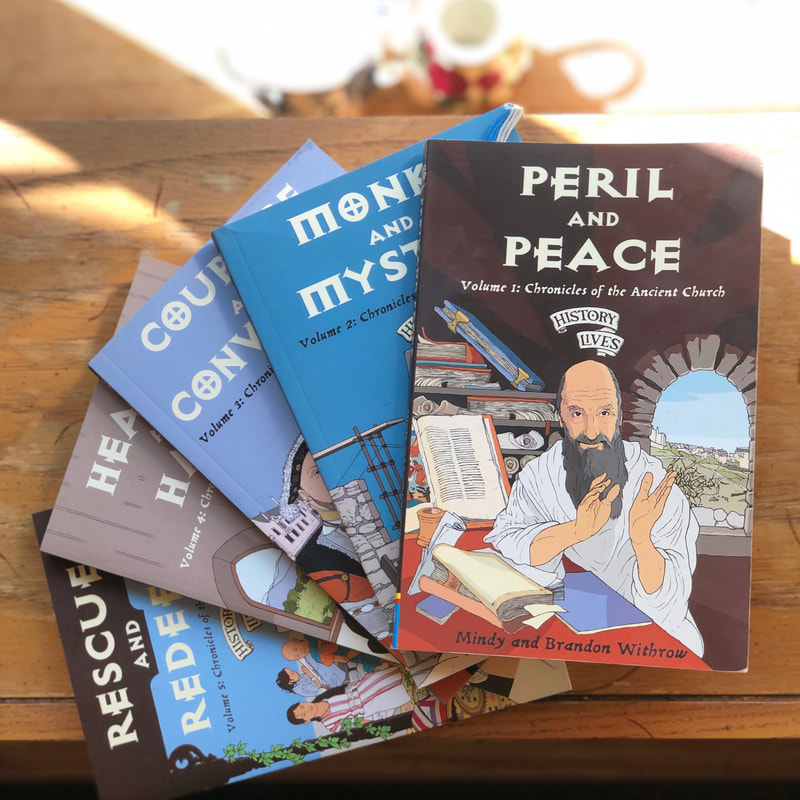|
Last week on Instagram I shared different resources that our family uses to learn more about God, Church History, and instituting personal Bible time. In this post I will go into detail how we incorporate all of the resources into a homeschooling week. But before I begin, I want to remind you that it's always wise to start with one thing if this is new in your home. If you haven't been intentional about Bible Lessons, or personal Bible time, or even learning more about Christian History, it's ok to choose one thing to start with, and slowly, maybe every term or semester, adding more. What I think is the most important and sometimes can be the most difficult to implement, is a personal, quiet time with the Lord. For you and for your children. I love the verse in Mark that tells us what Jesus did before He met with the world - "And rising very early in the morning, while it was still dark, he departed and went out to a desolate place, and there he prayed." Mark 1:35 Let's start with YOU, and with me. The most important thing of the day is to start your morning with Him, so that He can empower, encourage, uplift, and help you get through your day. Maybe your day will be easy, but maybe your children will challenge you in a way you haven't prepared for yet. If you start your morning with Him, He will help you through all hard things.
I like to end my Bible time with reading from a devotional that follows the Biblical calendar year. The Voice of the Lord, edited by David Rudolph, has really been beautiful in deepening my understanding of the Biblical year, the historical events that happen on each day, and the reminder of God's feasts and cycles of the moon. A devotional isn't necessary, the Bible alone will provide you with a day's meal of spiritual food, but I like to add this to my morning and I have been blessed by it in many ways. Another liturgical year devotional that is based on the Christian calendar is Living the Christian Year: Time to Inhabit the Story of God by Bobby Gross.
I see value in journaling, so I do encourage my children to either record their thoughts, or copy a verse that spoke to their heart that morning. If your child has not started quiet time with God, skip the journaling part until they are in a routine of simply reading. They don't have to read a lot. I encourage mine to either read a section of a chapter, or 1 chapter. Then stop and think what God has spoken to you, and record your thoughts/a verse if they are ready for that. I let them choose which book of the Bible they would like to read, and that becomes their personal book. Eventually, they will each have their own copy of the entire set.
These Bible Lessons usually take 20min and are always the first lesson, the CHIEF lesson, of the morning. I prepare the lesson usually on the weekend. I have a journal that I write out notable parts from the commentary, and that helps me to talk to the children, and not read directly from the commentary. I don't share everything from the commentary. There might be some theological differences that were written by this author 100 years ago, but the depth and richness of these commentaries are simply too wonderful to skip out on. We start our lesson with the scheduled reading from the Bible, as indicated in the commentary, followed up by narration from one or two children. Most readings/narrations will usually take the entire 20 minutes, so we will stop there for the day and continue with the lesson the following day. Next comes discussion. Each lesson in the commentary is broken up into 3-5 subtopics. It usually takes us a full week to complete one lesson, as my children LOVE questions and I allow time for family discussions, not just me talking at them. Sometimes we pull up Bible maps to see where the events took place. We end each lesson with follow up questions that are at the end of each chapter. Finally, we end our morning time with our monthly hymn, following AO's hymn schedule, and family prayer. That usually takes us 30 minutes, and now we are ready to take on other school lessons.
A few other books that you might consider on Christian Theology: The Pursuit of God by A.W. Tozer The Pursuit of Holiness by Jerry Bridges Desiring God by John Piper The Case for Christ by Lee Strobel Crazy Love: Overwhelmed by a Relentless God by Francis Chan
If you've finished reading through Church History, missionary books are also a wonderful way to teach your children about our purpose here on earth and how important it is to teach others about Jesus. We have really loved the Christian Heroes Then and Now and Little Lights for younger children which you can find HERE. One must read biography about a Christian man and his prayer life that changed the course of history is Rees Howells: Intercessor by Norman Grubb. This book is life changing! I also don't want to forget to mention the value of committing scripture to memory and spending time reciting God's Word. I've talked at length in other posts, workshop, and podcast about recitation and it's significance, but here I want to mention that if you need a guiding hand to help you choose which passages to start reciting, I have put together selections from Psalms and Hymns and Old and New Testament in my store for you to use in your home. We recite passages from scripture 3 times each week and I love hearing the children come to grow and gain a deeper understanding of Bible passages because they are reflecting on the same passage, weekly, for 12 weeks. Just remember, it has taken us 4 years to get to the point of doing all of these in a weeks time. If you are new to homeschooling, or new to teaching your children the Bible, choose a place to start and give it at least 6-12 weeks before you introduce another layer. God sees your heart and intentions. He will bless you know matter how much or little you do, because peace in your home is the utmost important thing to keep. God Bless you on your journey!
3 Comments
10/31/2022 10:20:20 pm
It's great that you said that you prepare the lessons on the weekends most frequently. My acquaintance wants to spend her weekends studying the Bible. I'll look for downloadable Bible study devotionals to provide her with additional resources for learning about Christianity.
Reply
11/3/2023 07:07:42 am
This is incredibly informative! Thank you.
Reply
1/4/2024 08:22:09 am
I really enjoy reading what you write. Awesome work!
Reply
Leave a Reply. |
